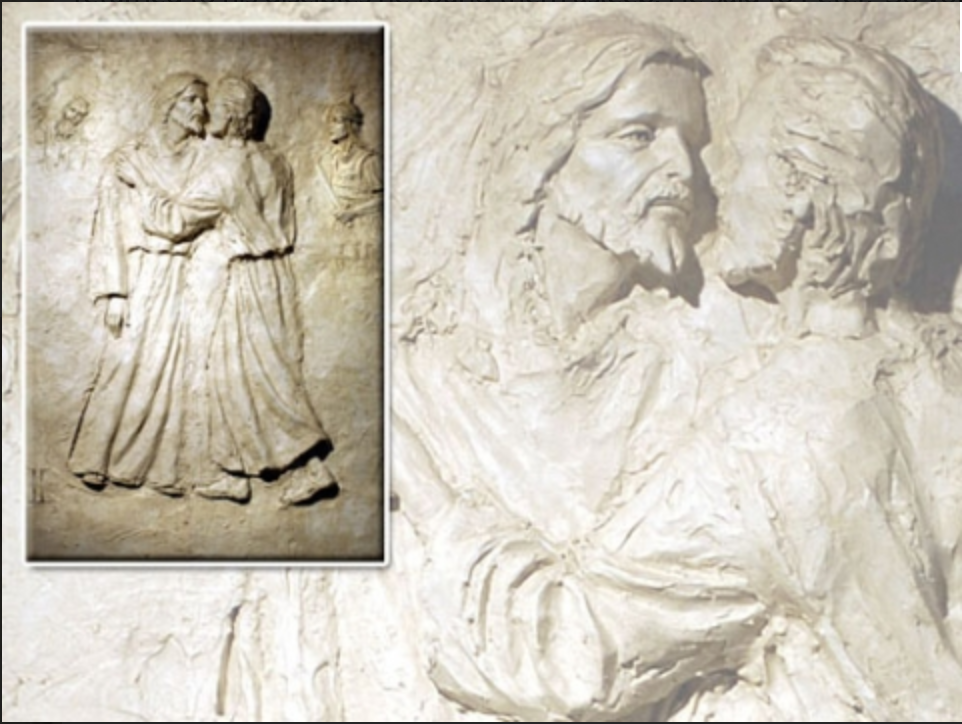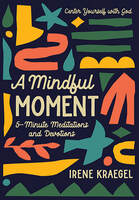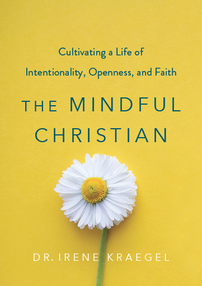"Then, while Jesus was still speaking, Judas, one of the Twelve, arrived, accompanied by a crowd with swords and clubs, who had come from the chief priests, the scribes, and the elders. His betrayer had arranged a signal with them, saying, "The man I shall kiss is the one; arrest him and lead him away securely." He came and immediately went over to him and said, "Rabbi." And he kissed him. At this they laid hands on him and arrested him." (This post is part of a Lenten series on praying the Stations of the Cross - a devotional practice that is said to have started with Mary after the death and resurrection of Jesus. To start at the beginning, see the overview provided on March 5, 2023, and then go from there!) Reflection This image hurts my heart. A close friend who had walked with Jesus over several years sold him out, betrayed him secretly in the middle of the night. I know this feeling intimately – the cutting pain of being rejected by a friend, sold out by someone who was expected to care. Chances are, you know this pain too. Jesus was only able to withstand the emotional pain of rejection because he had just been on his knees, prostrate before his Father. Grounding himself in his Father meant that he knew who he was – and whose he was – even when one of his disciples was selling him out and the rest were sleeping through his agony (despite his very direct requests for their support). No one was there for Jesus except his Father. No wonder he talked so often through his life about the crucial nature of that Father relationship. In the end, it was literally all he had. And it was enough. I can’t help wondering when Judas’ sight first cleared. Because I haven’t just been the betrayed, I’ve also been the friend who didn’t do right by another. It’s painful when our sight clears and we realize we caused hurt. What a painful moment for Judas, when he saw clearly the choice he had made. If only he knew, like the thief on the cross and the denying Peter, that “in him we have redemption by his blood, the forgiveness of transgressions, in accord with the riches of his grace that he lavished upon us.” (Ephesians 1:7-8) A Note About Mindfulness How does this relate to mindfulness? When we engage with mindfulness practices, we learn to view our changing circumstances as passing experiences rather than as part of our identity. This means that relational challenges (like betrayal by a friend) do not define us. We choose to root our identity in something deeper than the changing weather of circumstances, feelings, thoughts, physical sensations, and passing urges. As a Christian practicing mindfulness, I choose to root my identity in God's presence. "The Lord is my light and my salvation; whom should I fear? The Lord is my life’s refuge; of whom should I be afraid?" (Psalm 27:1) (For a list of mindfulness practices that help detach your sense of identity from your changing moment-to-moment experiences as you pray the Stations of the Cross, check out the Guides for Practice available here.)
1 Comment
Elizabeth Sadhu Farwell
3/19/2023 01:06:38 pm
What a great reminder to always root myself in God. God as my father and mother and best friend.
Reply
Leave a Reply. |
Author
I am Irene Kraegel. I am licensed as a clinical psychologist and teach mindfulness on a faith-based university campus. I practice mindfulness because it opens me up to God (a.k.a. brings joy). I am writing here in hopes of sharing some of my experiences and thoughts related to the practice of mindfulness in the life of a Christian. Thanks for reading! Books
Blog archives
December 2023
|



